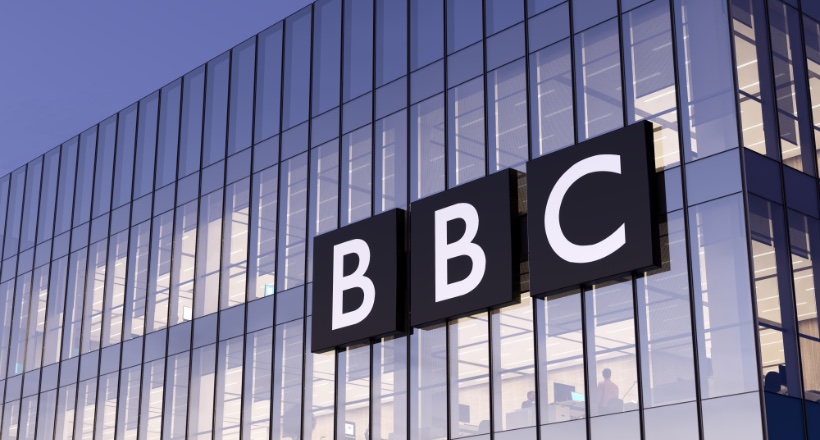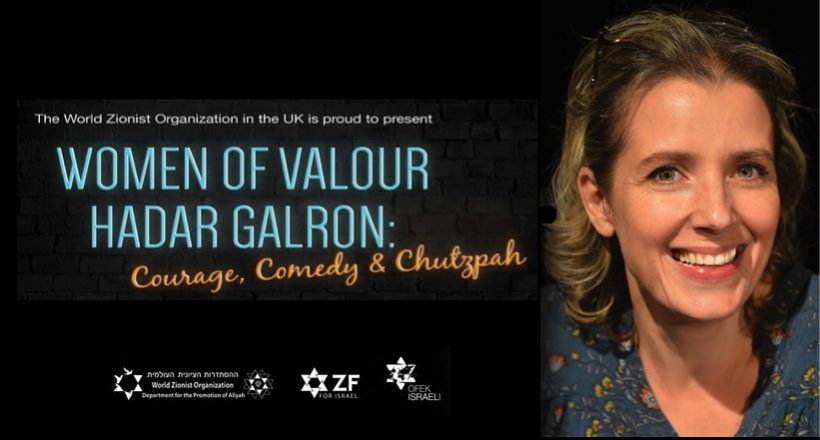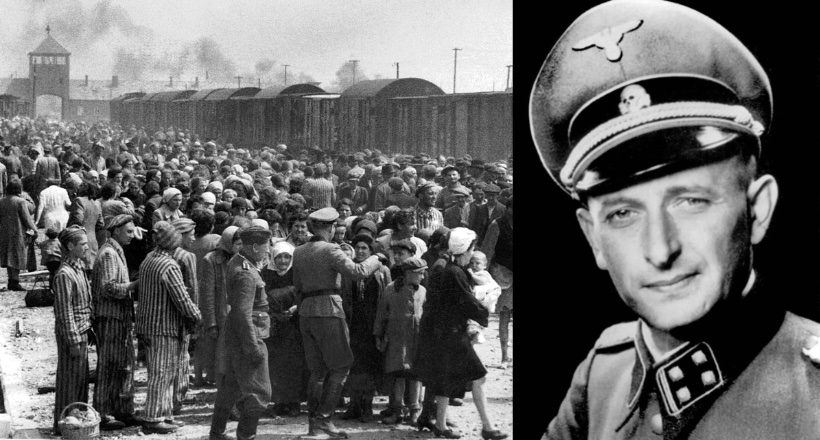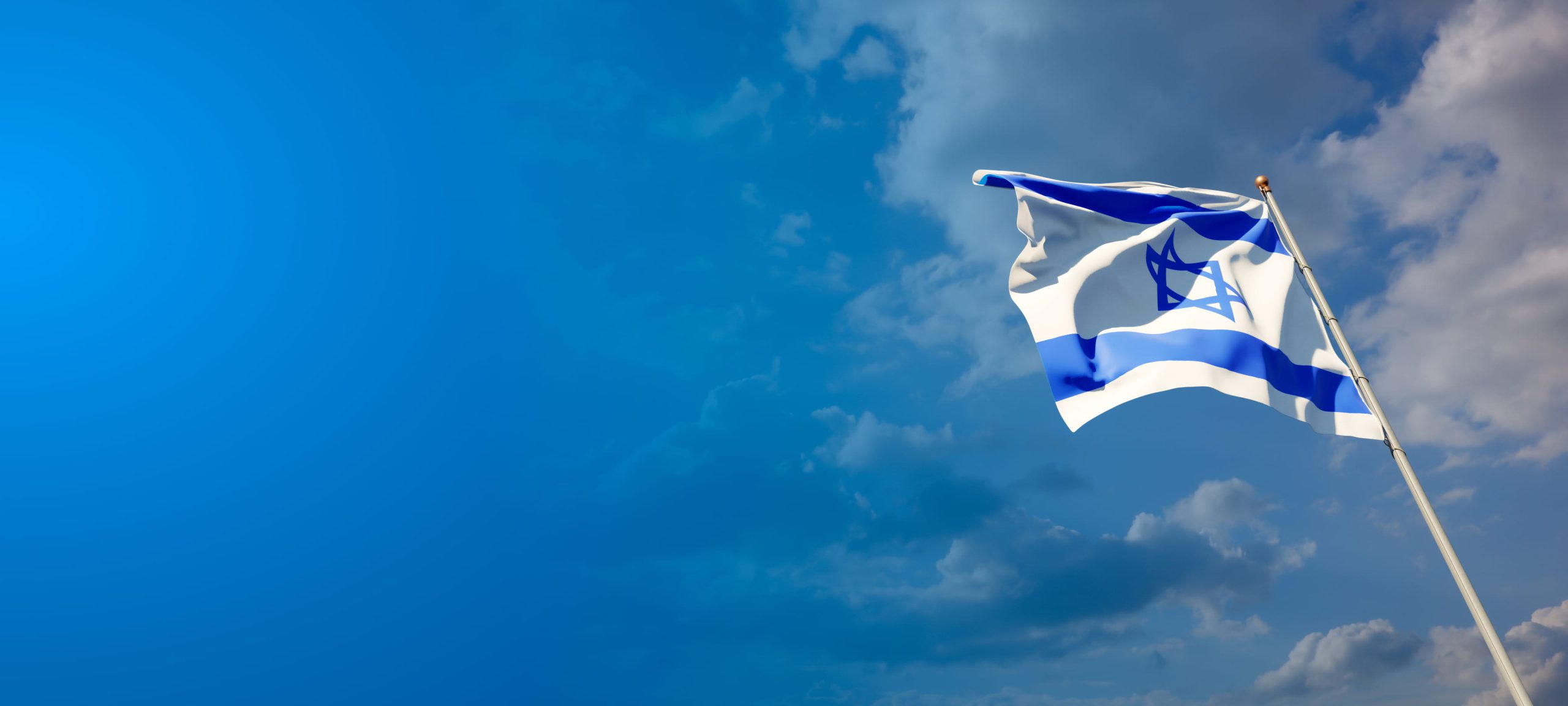Why Hebrew is important for Jews around the world
Marina Rosenberg Koritny, Head of the World Zionist Organization Department for the Promotion of Aliyah
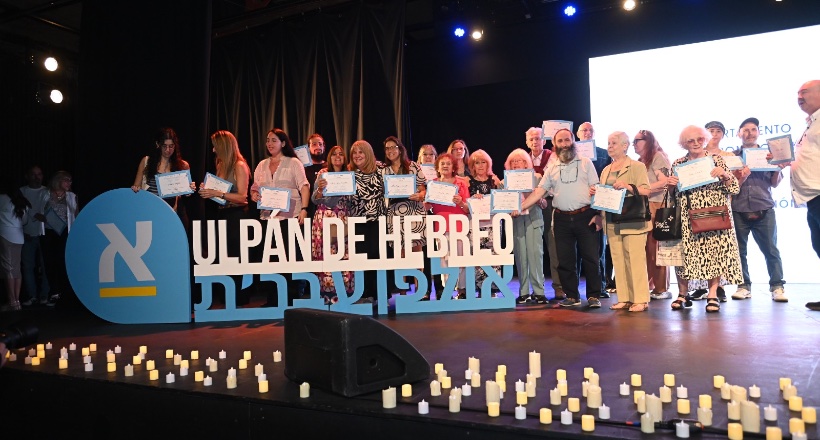
Ten years ago, in October 2015, at the 37th World Zionist Congress in Jerusalem, a decision was made to create the Department for the Promotion of Aliyah — a structure that would breathe new life into the Zionist idea. Not into slogans, not into posters, but into a living, real connection of Jews with Israel. The wave of Aliyah in the 90s, when a million repatriates from the former USSR arrived in Israel, has passed. The world has changed, globalization has erased borders, and with them the simplicity of the answer to the question: “Why Israel?”
But if you listen closely, the connection has not disappeared. Even for those who do not plan to move, it lives somewhere at the root level. Like knowing there is a place that awaits you. Like an inner strength, not always spoken about, but which provides support.
One of our first and most important steps was the creation of ulpan classes — Hebrew classes in the diaspora countries. The first year kicked off with 400 ulpan classes, and since then the network has been expanding at a rapid pace.
Nothing brings people closer together than a common language. Those who sign up for Hebrew courses often do so out of a simple desire to “understand the language of their people.” But after a few lessons, they begin to feel its music, then become interested in Israel, discuss the news, and entertain the thought of repatriation. And even if not everyone ultimately decides to take this step, even those who remain in the diaspora feel a sense of belonging and solidarity with the Jewish state.
I have seen how the appearance of an ulpan literally revitalizes a Jewish community. Reasons to meet, discuss, and support each other reemerge. Hebrew becomes not only a subject of study but also a means of unification. This is not theory — this is what I hear again and again in conversations with students in different countries.
Take, for example, JW3 — a Jewish cultural center in the heart of London. There, lectures, concerts, exhibitions, and Hebrew classes are held. In cozy classrooms, a diverse group of people learn: students, parents, pensioners. In teacher Hagit’s class, language coexists with laughter, support, and small victories. One of the students — an elderly woman, just starting her journey. She is not afraid of mistakes, smiles at them, and learns with amazing curiosity. And it’s an incredible feeling — to hear how a person who was silent yesterday speaks today.
An ulpan class is, metaphorically speaking, a room with several doors leading into it. Some enter to understand the language of their people. Some to finally read Israeli news in the original. Some to prepare for repatriation. Fact: those who studied Hebrew in their country of origin adapt to Israel much faster and more successfully.
Today, more than half of the Jews live outside Israel. Their identity is a complex interweaving of Jewish tradition and the culture of their country of residence. And Hebrew is a crucial component of national self-identification and movement towards the historical homeland.
Every new word in Hebrew, every phrase, is not just language practice. It’s a return to oneself, to the roots, to what was always nearby but just required us to reach out and take it. Hebrew unites us not only with Israel but also with each other, wherever we live, by whatever paths we came to study this language.
Over the past decade, we have opened 3,350 Hebrew classes, through which 52,000 students have passed — from France to South Africa, from Canada to Uruguay. These are not just numbers for a report; these are lives, destinies, a voice that again speaks in the language of ancestors. This is a living map of the Jewish world, where each point reflects the desire to learn, speak, and live in the language of one’s people. And in this lies our collective strength, our bonds, our future.


